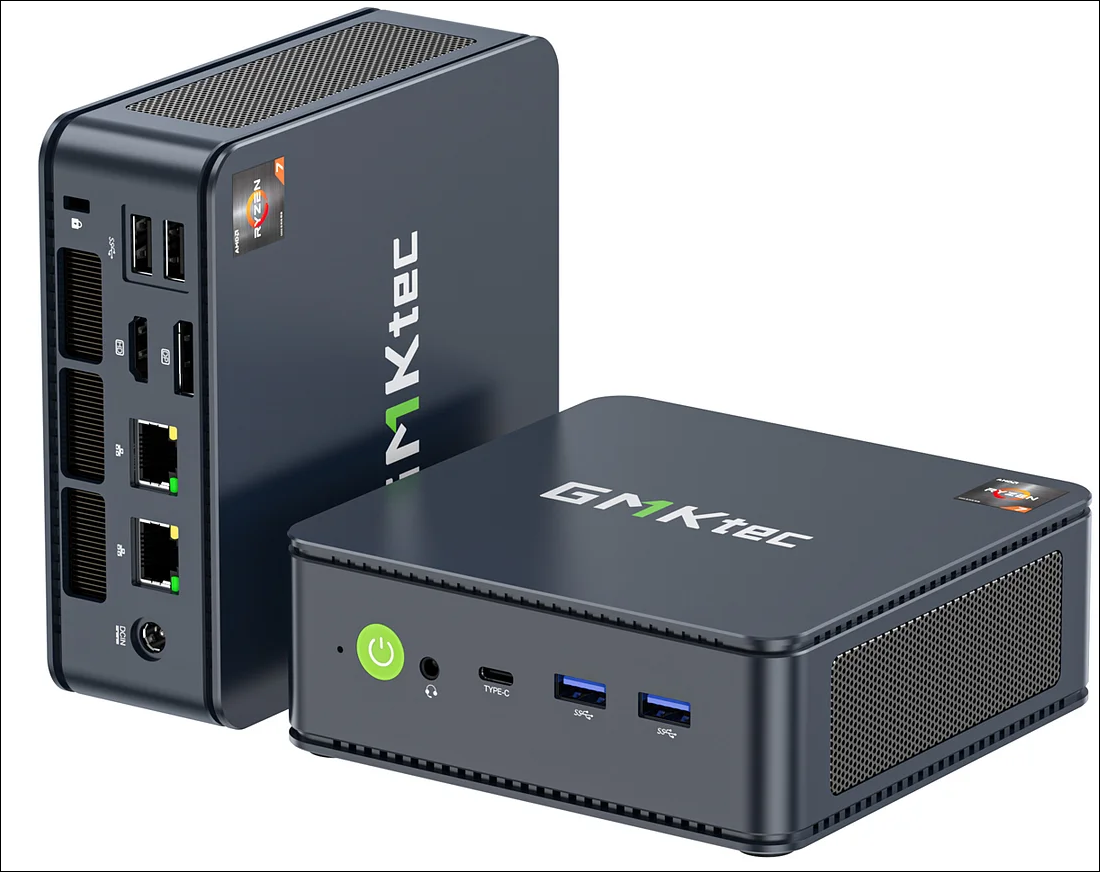
Let’s be honest—social media privacy feels like a broken promise these days. Every scroll, like, and share seems to vanish into a black box of algorithms and data brokers. But what if there was another way? Decentralized social networks are shaking things up, offering users more control over their data. Here’s how they’re rewriting the rules—and why it matters.
What Are Decentralized Social Networks?
Imagine a social network where no single company calls the shots. No shadowy data collection. No mysterious bans. That’s the core idea behind decentralized platforms like Mastodon, Bluesky, and others. Instead of one central server, these networks run on distributed systems—often blockchain or peer-to-peer tech—where users own their content and interactions.
Well, sort of. It’s not perfect (more on that later), but the shift is undeniable. And for privacy-conscious users, that shift could be a game-changer.
How Decentralization Protects Privacy
1. No Central Data Hoarding
Traditional platforms like Facebook or Twitter store your data in massive, hackable silos. Decentralized networks? They spread data across nodes, making it harder for any single entity to exploit or leak your info. Think of it like keeping your money in different banks instead of one vault.
2. User-Controlled Identity
Ever tried deleting an old social account only to hit a wall? On decentralized platforms, you often hold the keys—literally. Many use cryptographic signatures, letting you move your profile between servers without starting from scratch. No more begging a faceless support team for access.
3. Less Algorithmic Manipulation
No central authority means no creepy ad-targeting algorithms mining your DMs. Most decentralized networks prioritize chronological feeds—no hidden metrics deciding what you “should” see. Sure, it’s not as “engaging,” but your brain (and privacy) might thank you.
The Trade-Offs: It’s Not All Sunshine
Okay, let’s pump the brakes. Decentralized networks aren’t some privacy utopia—yet. Here’s where they still stumble:
- Fragmentation: With no central moderation, harmful content can slip through. Some servers (or “instances”) enforce strict rules, others… don’t.
- Usability: If you’re used to Instagram’s polish, Mastodon’s learning curve might feel like switching from a smartphone to a telegraph.
- Adoption: Network effects matter. Posting into a void isn’t exactly fun.
Real-World Privacy Wins (and Warnings)
Take Mastodon—its federated model lets users pick servers aligned with their privacy standards. No tracking, no ads. But if your server admin turns rogue? Suddenly, your data’s at risk. Then there’s Bluesky, which uses the AT Protocol to give users portable accounts. Handy, but still evolving.
And let’s not forget Farcaster or Lens Protocol, blockchain-based networks where every interaction lives on-chain. Pseudonymous? Yes. Truly private? Depends on how you use it—blockchains are transparent by design.
The Future: A Privacy Tug-of-War
Decentralized networks aren’t killing Big Social anytime soon. But they’re carving out space for people who care about ownership, transparency, and—yes—privacy. The question isn’t just “Can they scale?” but “Will users trade convenience for control?”
One thing’s clear: the era of blind trust in centralized platforms is over. Whether decentralized alternatives rise to the occasion? Well, that’s up to us—the users.








